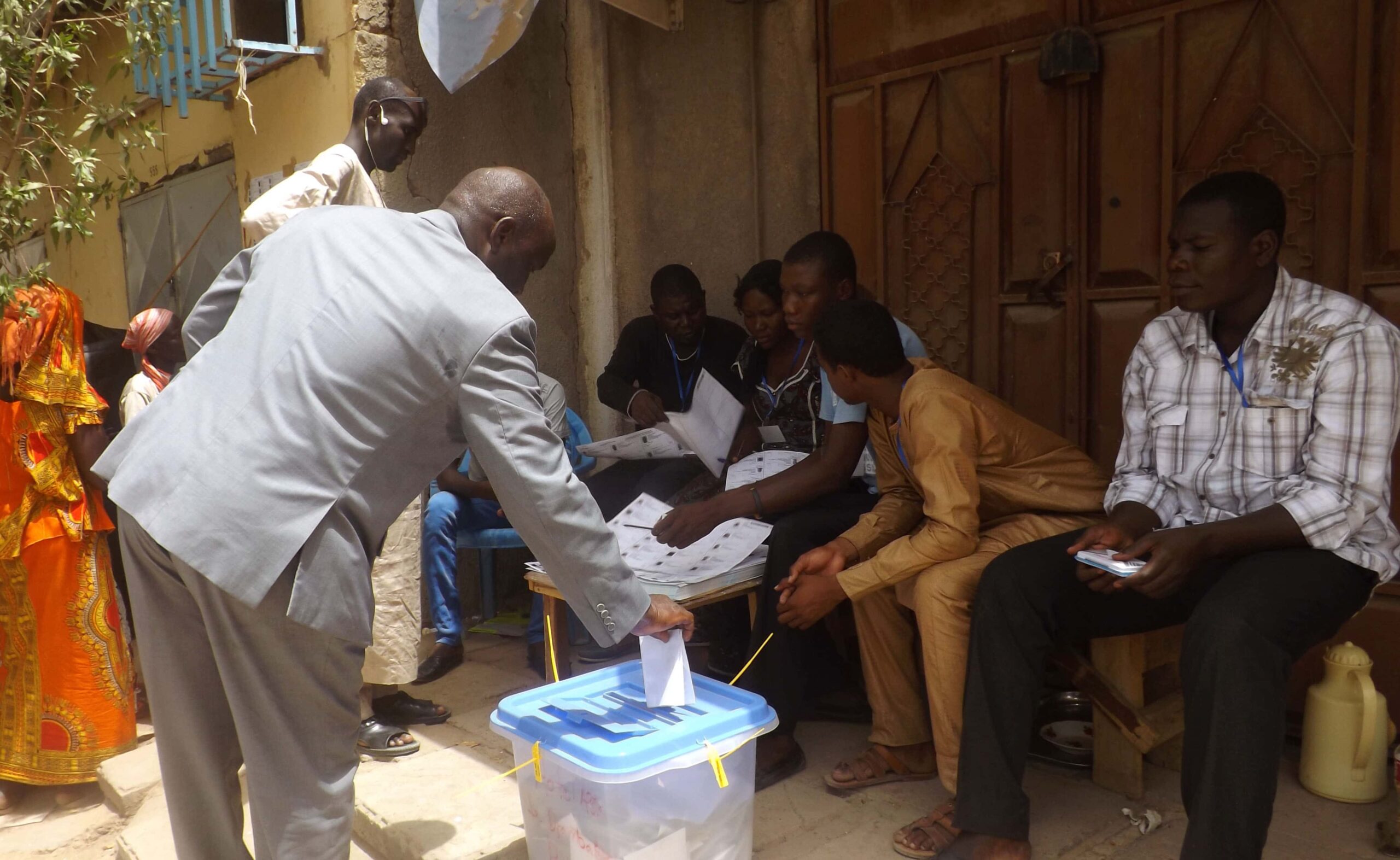
Chad’s Constitutional Council announced on Sunday that 10 candidates have been cleared to participate in the highly anticipated presidential election scheduled for this year.
Among the approved candidates are interim President Mahamat Idriss Deby and the recently-appointed prime minister of the country.
The presidential election, set to be held in May, marks a crucial step for Chad in transitioning back to democracy following a period of junta rule.
Deby, who assumed power in 2021 following the death of his long-ruling father in clashes with rebels, initially pledged an 18-month transition period to elections.
However, his government later postponed the elections until 2024 and granted him permission to run for president, sparking protests that were forcefully suppressed by security forces.
In December, Chadians voted in favor of a new constitution that critics argue could further solidify Deby’s hold on power by allowing him to contest the presidency. Despite facing opposition, Deby confirmed his candidacy earlier this month.
The list of candidates released on Sunday also includes opposition leader Succes Masra, who was appointed prime minister of the transitional government in January.
Masra, a vocal critic of Chad’s junta, had fled the country following a crackdown on demonstrations in the capital N’Djamena in October 2022, which resulted in numerous casualties.
Notably, this election marks the first time in Chad’s history that a president and a prime minister will compete against each other in a presidential poll.
The first round of voting is scheduled for May 6, followed by a second round on June 22, with provisional results expected on July 7.
Chad’s military government is part of a broader trend of juntas currently governing in West and Central Africa, with eight coups occurring in the region since 2020.
Chad stands as the first of these transitional authorities to organize elections, raising hopes for a return to democratic governance amidst concerns of democratic regression.
